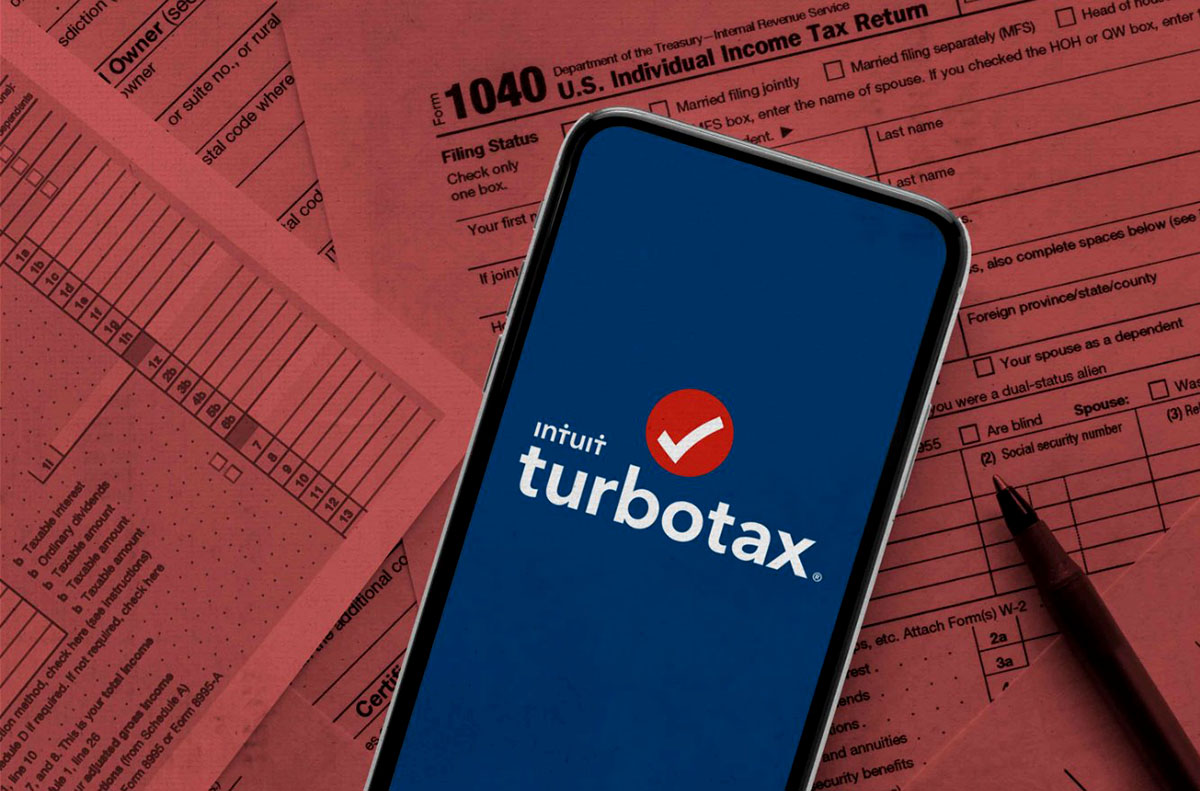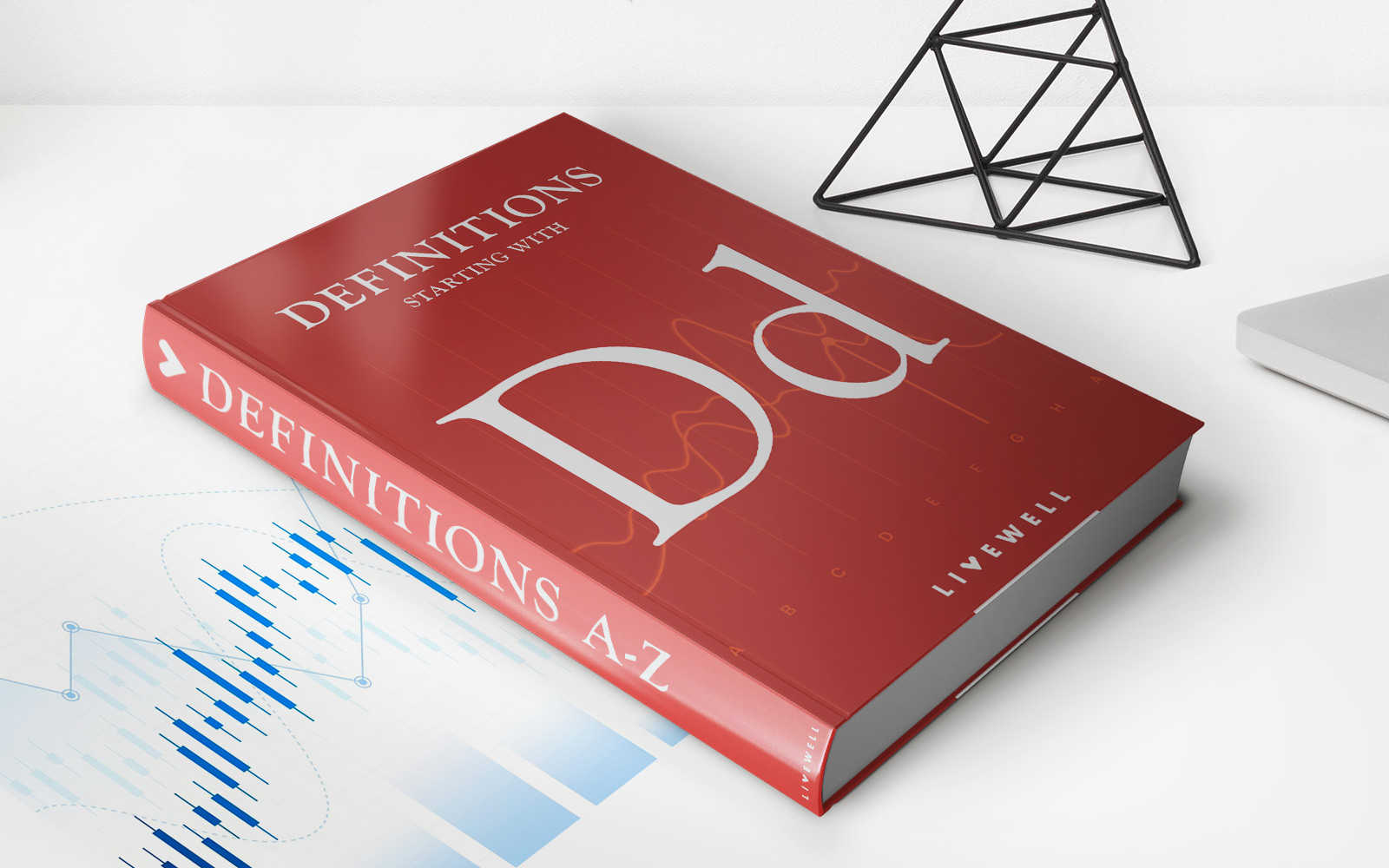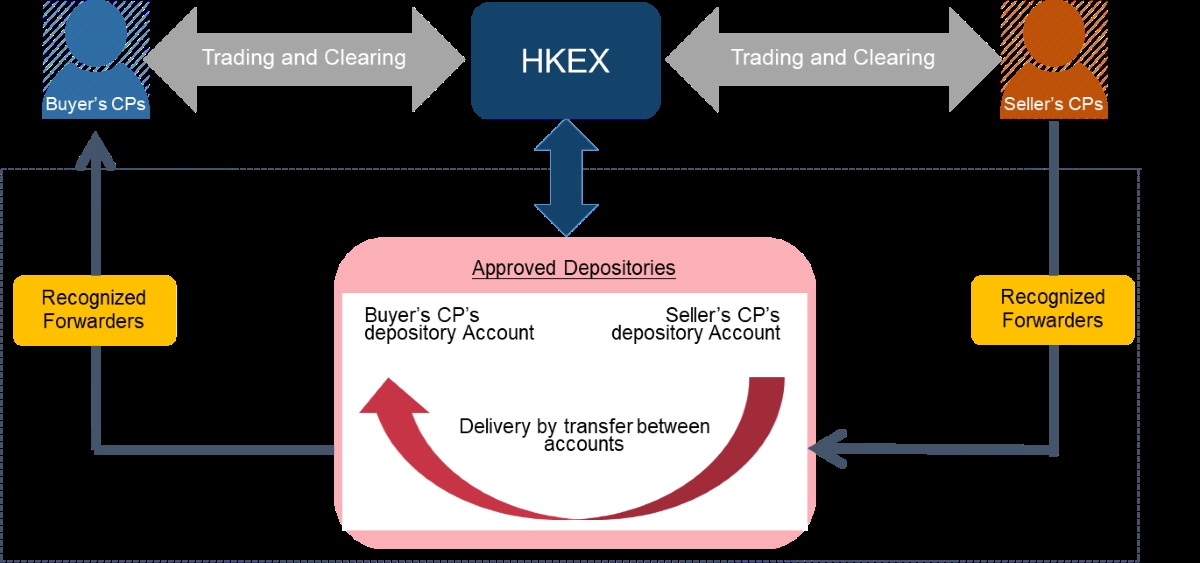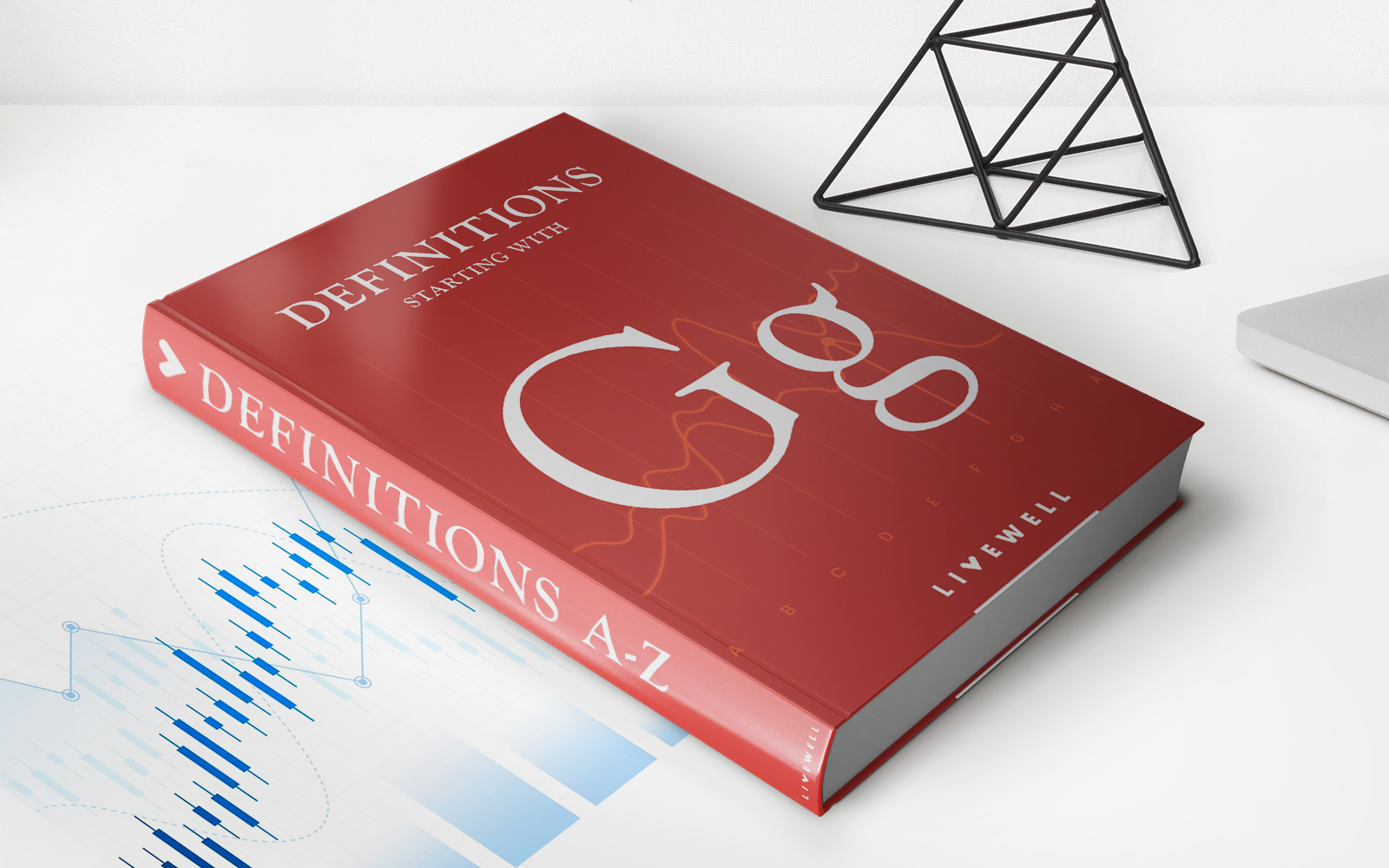Home>Finance>What Is An Independent Sponsor In Private Equity


Finance
What Is An Independent Sponsor In Private Equity
Published: January 22, 2024
Learn about independent sponsors in private equity and their role in finance. Understand how they operate and their impact on the industry.
(Many of the links in this article redirect to a specific reviewed product. Your purchase of these products through affiliate links helps to generate commission for LiveWell, at no extra cost. Learn more)
Table of Contents
Introduction
Private equity is a dynamic and influential sector within the broader financial landscape, encompassing a diverse array of investment strategies and players. One notable participant in the realm of private equity is the independent sponsor, a distinct entity that has garnered increasing attention and recognition in recent years.
Independent sponsors play a pivotal role in facilitating private equity transactions, often bringing a unique blend of expertise, agility, and specialized knowledge to the table. As such, understanding the nature of independent sponsors and their impact on the private equity landscape is crucial for both seasoned professionals and those seeking to delve into this intriguing domain.
In this comprehensive exploration, we will delve into the intricacies of independent sponsors in private equity, shedding light on their defining characteristics, operational nuances, and their role in shaping investment opportunities. From elucidating the distinct nature of independent sponsors to examining their comparative advantages and disadvantages, this article aims to provide a holistic understanding of this pivotal player in the private equity arena.
Join us on this enlightening journey as we navigate the realm of independent sponsors in private equity, unraveling the layers of their significance and the unique value they bring to the table. Let's embark on this illuminating exploration to gain deeper insights into the world of private equity and the influential role of independent sponsors within it.
Definition of an Independent Sponsor
Before delving into the intricacies of independent sponsors in private equity, it is essential to grasp the fundamental concept of what an independent sponsor truly represents. An independent sponsor, often referred to as an “independent equity sponsor” or “fundless sponsor,” is an individual or group that identifies and structures private equity investment opportunities without having committed capital from external investors in advance.
Unlike traditional private equity firms that raise dedicated funds from limited partners to deploy in various investment ventures, independent sponsors operate with a distinct modus operandi. They leverage their industry expertise, extensive networks, and transactional acumen to source, evaluate, and execute deals on a case-by-case basis, often collaborating with financial institutions, family offices, or high-net-worth individuals to secure the necessary capital for specific transactions.
Independent sponsors are characterized by their flexibility and adaptability, as they can tailor their approach to suit the unique parameters of each investment opportunity. This agility allows them to swiftly navigate complex deal structures, customize financing arrangements, and provide a personalized touch to the investment process, distinguishing them from the more rigid structures of traditional private equity firms.
Furthermore, independent sponsors often assume a hands-on role in the management and strategic direction of the companies in which they invest, actively engaging with management teams to drive operational enhancements, strategic initiatives, and value-creation endeavors. This active involvement sets them apart from passive financial investors, aligning their interests with the long-term success and growth of the portfolio companies.
At its core, the essence of an independent sponsor lies in its entrepreneurial spirit, adept deal-making capabilities, and a commitment to fostering value within the investment ecosystem. By embracing a distinct operational model that prioritizes agility, customization, and active engagement, independent sponsors carve out a unique niche within the expansive domain of private equity, offering a compelling alternative to traditional investment avenues.
How Independent Sponsors Differ from Traditional Private Equity Firms
Understanding the differentiating factors between independent sponsors and traditional private equity firms is crucial in comprehending the nuanced dynamics of the private equity landscape. While both entities operate within the realm of investment and value creation, their approaches, structures, and operational philosophies diverge in several key aspects.
- Capital Structure: Traditional private equity firms typically raise dedicated investment funds from institutional investors, such as pension funds, endowments, and sovereign wealth funds. These funds are committed capital pools, allowing the private equity firm to deploy the capital across various investment opportunities. In contrast, independent sponsors do not manage dedicated funds; instead, they secure capital on a deal-by-deal basis, collaborating with investors on a per-transaction basis.
- Flexibility and Customization: Independent sponsors exhibit a high degree of flexibility in structuring and financing deals, tailoring their approach to suit the unique parameters of each investment opportunity. This adaptability contrasts with the standardized investment criteria and fund structures employed by traditional private equity firms, allowing independent sponsors to navigate intricate deal dynamics with agility and creativity.
- Operational Involvement: While traditional private equity firms often take a more hands-off approach to portfolio company management, independent sponsors frequently assume an active role in driving operational improvements, strategic direction, and value-creation initiatives within the companies they invest in. This proactive engagement reflects the entrepreneurial spirit and operational acumen that independent sponsors bring to the table.
- Deal Sourcing and Expertise: Independent sponsors rely on their industry expertise, extensive networks, and transactional proficiency to identify and evaluate investment opportunities. Their deal-sourcing efforts are often characterized by a personalized, relationship-driven approach, leveraging their deep understanding of specific sectors or niches. In contrast, traditional private equity firms may have dedicated deal-sourcing teams and a broader investment mandate spanning multiple industries.
These differentiating factors underscore the distinct operational paradigms of independent sponsors and traditional private equity firms, highlighting the diverse value propositions and approaches they bring to the realm of private equity investment. By recognizing these disparities, investors, entrepreneurs, and industry stakeholders can gain a deeper appreciation for the multifaceted nature of private equity and the varied avenues through which value creation and investment partnerships can be fostered.
Advantages and Disadvantages of Working with Independent Sponsors
Collaborating with independent sponsors in private equity endeavors presents a unique set of advantages and disadvantages, shaping the dynamics of investment partnerships and value creation initiatives. By evaluating these pros and cons, stakeholders can make informed decisions regarding their engagement with independent sponsors, weighing the potential benefits against the inherent challenges.
Advantages
- Agility and Customization: Independent sponsors possess the flexibility to tailor their approach to each investment opportunity, customizing deal structures, financing arrangements, and value-creation strategies to align with the specific needs and dynamics of the target company. This agility enables them to navigate complex transactions with precision and creativity, optimizing the potential for value realization.
- Specialized Expertise: Independent sponsors often exhibit deep industry knowledge and sector-specific expertise, allowing them to identify and evaluate investment opportunities with a nuanced understanding of the underlying market dynamics, competitive landscapes, and growth potential. This specialized insight can be instrumental in unlocking value and driving strategic initiatives within portfolio companies.
- Active Engagement: Independent sponsors are frequently actively involved in the management and strategic direction of the companies in which they invest, leveraging their operational acumen and entrepreneurial drive to propel growth, operational enhancements, and value-creation initiatives. This hands-on approach can catalyze transformative changes within portfolio companies, fostering sustainable long-term success.
- Relationship-Driven Deal Sourcing: Independent sponsors often rely on extensive networks and relationship-based deal sourcing, fostering personalized, trust-based connections with potential investment targets. This approach can yield unique deal flow and proprietary opportunities, granting access to off-market transactions and exclusive investment prospects.
Disadvantages
- Capital Constraints: Independent sponsors do not have dedicated investment funds, necessitating the sourcing of capital on a deal-by-deal basis. This reliance on external investors for each transaction can introduce complexities in securing funding and may lead to uncertainties in deal execution and financing arrangements.
- Resource Limitations: Independent sponsors may have limited internal resources compared to established private equity firms, potentially impacting their capacity to support extensive due diligence, operational overhauls, and post-transaction value-creation initiatives within portfolio companies.
- Transaction Execution Risks: The absence of committed capital and the need to secure financing for each deal can introduce transaction execution risks, potentially leading to delays, uncertainties, or challenges in finalizing investment transactions within stipulated timelines.
By weighing these advantages and disadvantages, investors, entrepreneurs, and industry participants can gain a nuanced understanding of the dynamics associated with engaging independent sponsors in private equity ventures, enabling them to make informed decisions aligned with their investment objectives and risk tolerance.
The Role of Independent Sponsors in Private Equity Deals
Independent sponsors play a multifaceted and pivotal role in driving private equity transactions, leveraging their distinctive operational model and value-creation strategies to orchestrate impactful investment endeavors. Their involvement spans various stages of the deal lifecycle, encompassing deal origination, due diligence, transaction structuring, and post-investment value enhancement.
Deal Origination and Sourcing
At the outset, independent sponsors actively source and evaluate potential investment opportunities, drawing upon their industry expertise, extensive networks, and market insights to identify compelling prospects. Their deal-sourcing efforts often emphasize relationship-driven approaches, fostering trusted connections with business owners, management teams, and industry stakeholders to uncover off-market transactions and proprietary deal flow. This personalized engagement enables independent sponsors to access unique investment prospects and proprietary opportunities that may not be readily available through traditional channels.
Due Diligence and Transaction Structuring
Upon identifying a promising investment target, independent sponsors conduct rigorous due diligence to assess the strategic, financial, and operational aspects of the opportunity. This comprehensive evaluation encompasses market analysis, competitive positioning, financial performance, and growth projections, enabling independent sponsors to ascertain the viability and potential value creation opportunities associated with the investment. Subsequently, they collaborate with legal and financial advisors to structure the transaction, negotiate terms, and devise financing arrangements tailored to the specific dynamics of the deal, showcasing their adeptness in navigating complex deal structures with agility and precision.
Post-Investment Value Creation
Following the completion of the investment transaction, independent sponsors assume an active role in driving value creation and operational enhancements within the portfolio company. They collaborate with management teams to implement strategic initiatives, operational optimizations, and growth strategies, leveraging their industry insights and operational acumen to propel the company towards sustainable growth and enhanced performance. This hands-on engagement distinguishes independent sponsors from passive financial investors, aligning their interests with the long-term success and prosperity of the portfolio company.
By actively participating in the strategic direction and operational evolution of the invested company, independent sponsors contribute to the realization of transformative changes, value enhancements, and strategic repositioning, thereby fostering sustainable growth and long-term value creation within the private equity investment ecosystem.
Conclusion
The realm of private equity is characterized by a rich tapestry of participants, each contributing a unique blend of expertise, resources, and operational philosophies to the investment landscape. Within this dynamic milieu, independent sponsors emerge as a distinctive and influential force, reshaping the traditional paradigms of private equity investment through their entrepreneurial spirit, agility, and commitment to value creation.
As we have navigated the intricacies of independent sponsors in private equity, we have gained a profound understanding of their defining characteristics, operational nuances, and the pivotal role they play in shaping investment opportunities. Their ability to customize deal structures, leverage specialized expertise, and actively engage in post-investment value creation sets them apart as formidable partners in the pursuit of sustainable growth and strategic evolution within portfolio companies.
By embracing a relationship-driven approach to deal sourcing, exhibiting flexibility in transaction structuring, and assuming a proactive role in driving operational enhancements, independent sponsors exemplify the fusion of astute deal-making capabilities with a deep-rooted commitment to fostering long-term value within the private equity ecosystem.
As investors, entrepreneurs, and industry stakeholders navigate the diverse avenues of private equity investment, the presence of independent sponsors offers a compelling alternative, characterized by personalized attention, sector-specific insights, and a hands-on approach to value creation. Their role as catalysts for transformative change and sustainable growth underscores their significance as key contributors to the vibrancy and dynamism of the private equity domain.
In essence, the impact of independent sponsors reverberates throughout the private equity landscape, enriching the investment ecosystem with their innovative approaches, relationship-driven ethos, and unwavering dedication to unlocking value within the companies they invest in. As we continue to witness the evolution of private equity, the enduring influence of independent sponsors serves as a testament to the enduring spirit of entrepreneurship and the boundless potential for value creation within the ever-evolving tapestry of private equity investment.














